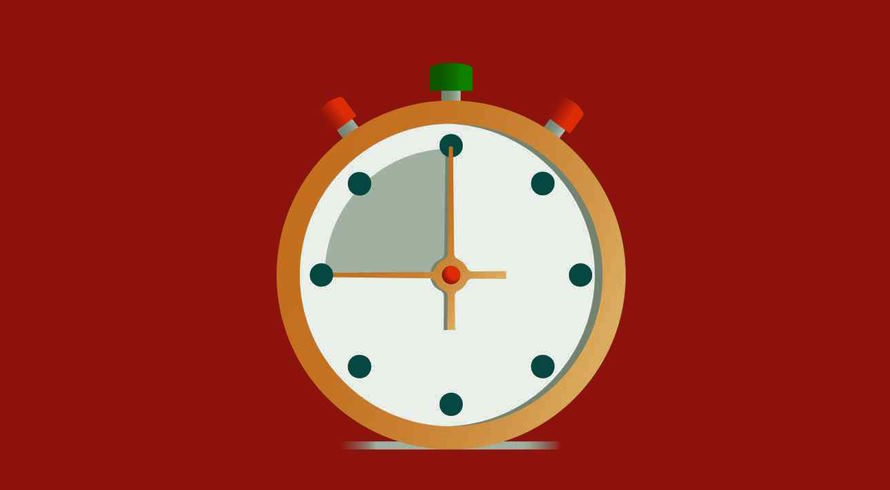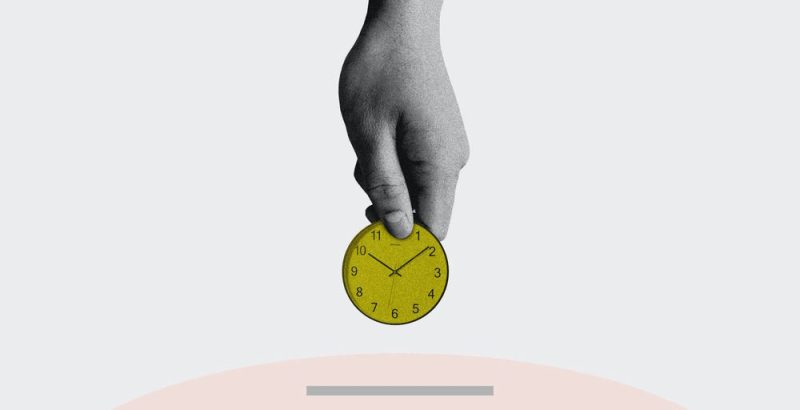Good time management skills can revolutionize how you manage your day-to-day responsibilities. Knowing how and when to prioritize tasks efficiently is key in keeping focused and productive throughout the day. But it is often difficult for many of us, especially those with a busy schedule or limited free time, to decide what should be done first and for how long. From setting achievable goals to establishing routines that work best for you, plenty of useful tips can help make managing your time easier. In this blog post, we’ll take an in-depth look at efficient ways of managing our resources so we can get more done each day without feeling overwhelmed or stressed out! So keep reading to learn beneficial techniques and tricks on maximizing productivity while dealing with a hectic schedule!
Time management techniques that will change the way you work
Time management is essential to getting the most out of your day. It can help you focus on important tasks, reduce stress, and maximize productivity. Here are some techniques that will transform how you approach work:

- Prioritize Your Tasks – When it comes to managing your time effectively, setting priorities is key. Take a few moments each morning or evening to plan what needs to be done and then prioritize those tasks in order of importance. This will help ensure that the most important tasks get accomplished first and that none of them slip through the cracks.
- Set Smaller Goals – Breaking down large tasks into smaller chunks can make them much more manageable and easier to complete within a shorter timeframe. For example, if you need to complete a project that’s due in two weeks, break it down into smaller goals and assign each one an individual due date.
- Take Breaks – Taking regular breaks throughout the day can help you stay focused and productive. Set yourself a timer and take five minutes now and then to step away from your desk and re-energize. This will help keep you from getting overwhelmed or burned out.
- Use Technology To Your Advantage – Technology can be used as an effective tool for managing time better. Many applications offer features like time tracking, task management, calendar scheduling, notifications, etc., all of which can help free up time for more important tasks. Research different solutions and see what works best for you.
- Utilize a Time Blocking Schedule – A time-blocking schedule involves scheduling certain tasks or activities on your calendar at specific times of the day. This ensures that nothing falls through the cracks and helps keep you accountable. Once you’ve identified what needs to be done, block out time in your schedule to get it done.
Making small changes to how you manage your time can make a huge difference in productivity and overall stress levels. Hopefully, these tips will help you become more efficient and productive in both work and life!

The different types of time management styles and which one is right for you
Time management styles can be divided into two main categories: active and passive. Active time management involves creating processes and systems that help you stay on track with your tasks and goals. This includes setting deadlines, breaking down big projects into smaller chunks, and scheduling blocks of time for specific activities. Passive time management is more about developing an attitude toward managing one’s time that emphasizes flexibility and spontaneity. It involves recognizing the priority of certain tasks over others, adjusting schedules to accommodate unexpected events or changes in plans, and being comfortable with taking a break when needed.
The type of time management style that works best for you depends on your own individual characteristics and how you prefer to handle tasks and plan out your time. For example, if you like structure and the security that comes with having a plan, then active time management will probably be the best fit for you. On the other hand, if you are someone who works better without a strict set of rules or instructions telling them what to do and when to do it, then passive time management might work better.
No matter what type of time management style you choose, it’s important to remember that being flexible and having good organizational skills are key components in making the most out of your time. By taking the time to identify how you prefer to handle tasks and plan out your schedule, you can set yourself up for success. With a little bit of practice, you’ll soon find the system that works best for you.

